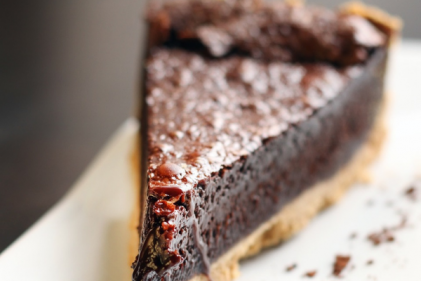Babies get teeth at various times beginning with the bottom two teeth at around seven to nine months. While they are teething, which will be on and off for a while, your baby can get cranky and unusually irritable. If you find yourself saying, “What happened to my nice, happy baby?” you may want to check for signs of teething.
Besides being cranky, your baby may begin to drool and try to chew on things, including your fingers. You may be able to feel hard bumps or notice swollen gums when they start to get teeth.
To help cope with the side effects of teething, purchase some teething rings. It’s good to purchase two or three so that you always have one on hand. These can be put in the freezer and then given to your baby when they get fussy. The cold feels good on the gums and helps with the pain of teething. You can also give your baby a cold, wet washrag to gnaw on. A washrag is more flexible than a teething ring, so your baby may prefer it. You can also check with your paediatrician about giving your baby Calpol/Paracetamol or using a baby teething gel to help relieve your baby’s teething pain.
All parents and babies survive teething, so you will too.
Besides being cranky, your baby may begin to drool and try to chew on things, including your fingers. You may be able to feel hard bumps or notice swollen gums when they start to get teeth.
To help cope with the side effects of teething, purchase some teething rings. It’s good to purchase two or three so that you always have one on hand. These can be put in the freezer and then given to your baby when they get fussy. The cold feels good on the gums and helps with the pain of teething. You can also give your baby a cold, wet washrag to gnaw on. A washrag is more flexible than a teething ring, so your baby may prefer it. You can also check with your paediatrician about giving your baby Calpol/Paracetamol or using a baby teething gel to help relieve your baby’s teething pain.
All parents and babies survive teething, so you will too.










